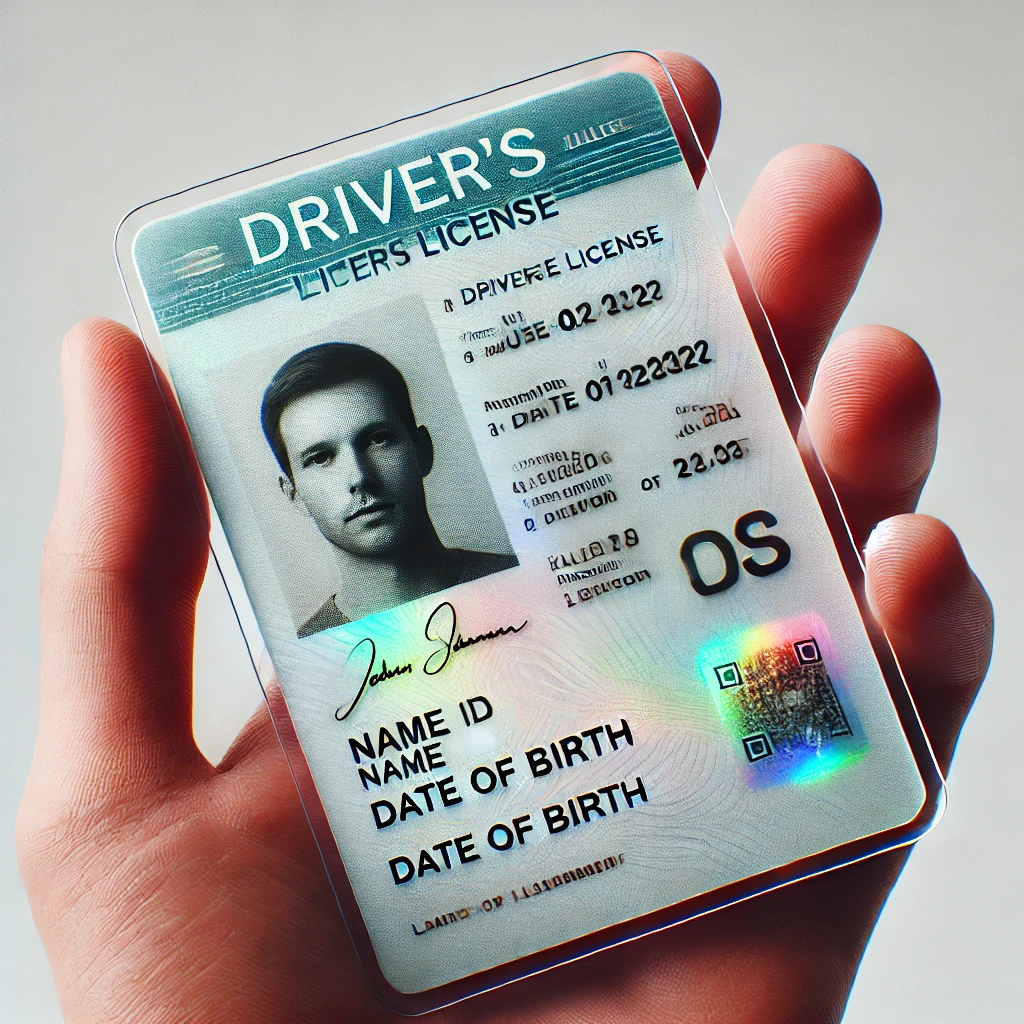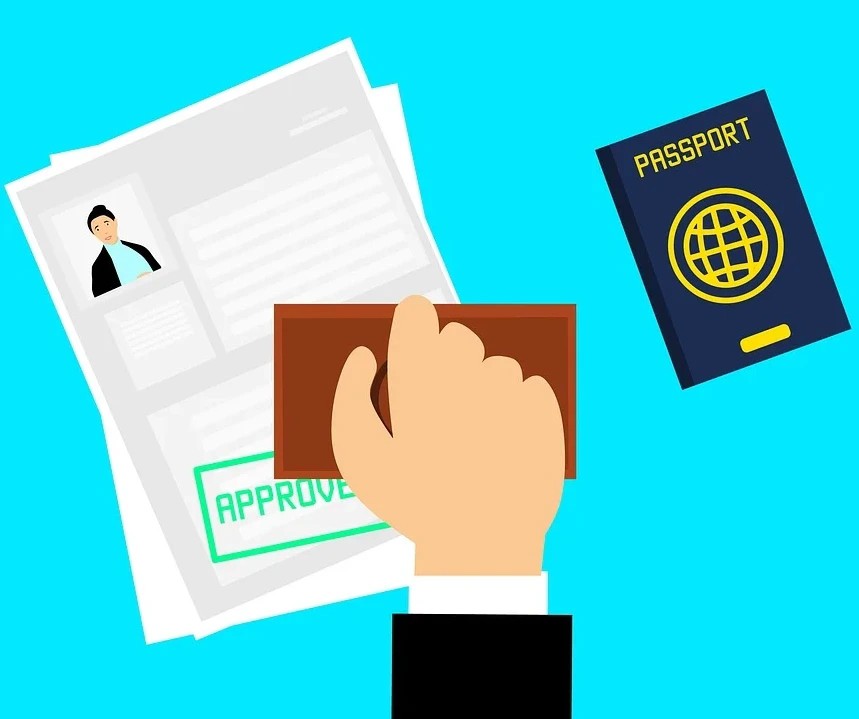Why Valid Travel Documents Are Essential: Your Complete Guide to a Hassle-Free Trip
An in-depth discussion on the importance of valid travel documents for your trip, I’ll break down the topic into essential areas. Here’s a structured outline, which I’ll elaborate on to ensure clarity, depth, and thorough coverage:
- Introduction
- Define travel documents: passports, visas, tickets, and permits.
- Explain the general purpose of travel documents in facilitating international and domestic travel.
- Introduce the importance of document validity and its role in a smooth travel experience.
- Legal Entry Requirements
- Explain how a valid passport and visa are crucial for entering another country.
- Discuss the potential consequences of missing or invalid documents, such as denial of entry or deportation.
- Highlight how some countries have specific rules on passport validity, such as requiring it to be valid for six months beyond the date of entry.
- Security and Identity Verification
- Describe how valid travel documents serve as proof of identity and nationality.
- Emphasize the security measures tied to travel documents, such as biometric information in modern passports.
- Explain the role of these documents in ensuring that only authorized travelers cross borders, reducing risks related to identity theft or illegal migration.
- Efficient and Hassle-Free Travel Experience
- Discuss the convenience of having valid documents at border control, minimizing delays.
- Explain how up-to-date documents facilitate easier access to travel-related services, like check-ins, hotel bookings, and car rentals.
- Mention how outdated or invalid documents may result in inconveniences, such as being denied boarding or facing extended security checks.
- Health and Safety Concerns
- Link valid documents, like health permits or vaccination certificates, to safety protocols in countries where certain health risks exist.
- Explain how COVID-19 introduced additional documentation, such as vaccine passports, which continue to affect travel in some regions.
- Describe the possible consequences of missing required health documentation, including quarantine, fines, or refusal of entry.
- Proof of Financial Responsibility and Travel Insurance
- Discuss the importance of travel insurance documents for handling emergencies like accidents or illnesses.
- Emphasize how valid insurance is often a requirement for visas or entry permits in some countries.
- Highlight the peace of mind and security these documents provide, ensuring travelers are prepared for unforeseen situations.
- Safeguarding Against Financial Loss
- Explain how having the right documents can save travelers from incurring fines, extra fees, or needing to purchase last-minute tickets.
- Illustrate with examples where travelers faced financial loss due to missing or invalid documents (e.g., fees for expedited passport services).
- Offer tips on checking validity and renewing documents to avoid these costs.
- Assistance During Emergencies
- Discuss how consulates and embassies rely on valid travel documents to help travelers in emergencies, such as lost passports or legal issues abroad.
- Describe how travel documents are essential for identification when seeking assistance from authorities or consular services.
- Provide examples of situations where having valid documents can streamline processes like repatriation or medical evacuation.
- Ease of Transit and Travel Flexibility
- Explain how valid travel documents allow more flexible travel arrangements, such as last-minute travel or extended stays.
- Discuss how they also enable transit through multiple countries without issues, especially in regions with stringent visa and entry rules.
- Mention the restrictions faced by travelers with expired or invalid documents, often limiting their transit options.
- Conclusion
- Summarize the importance of valid travel documents as fundamental to a secure, smooth, and enjoyable travel experience.
- Reinforce the importance of regular checks on document validity to avoid interruptions, emergencies, or additional costs.
- End with practical advice for travelers on ensuring they have all necessary and valid documents before embarking on a journey.
The Importance of Valid Travel Documents for a Smooth Trip
When planning a trip, it’s easy to get caught up in the excitement of visiting a new place, exploring different cultures, and making wonderful memories. However, an essential part of every travel plan is making sure you have valid travel documents. These documents, like passports, visas, and other identification, are not only important—they’re crucial. They allow you to travel legally and protect you from unnecessary hassles. In this piece, I’ll explain why having valid travel documents is vital for a smooth trip, covering different types of travel documents and what can happen if they’re not in order.
1. Passport: Your Key to International Travel
Your passport is the most important document when traveling abroad. It’s like a key that opens the door to other countries. Without it, you cannot leave your home country or enter another. Your passport is your official ID abroad, showing who you are and where you’re from. It contains details such as your full name, date of birth, nationality, and photograph. This small booklet proves to authorities that you’re a legitimate traveler.
Why Your Passport Must Be Valid
Most countries require that your passport be valid for at least six months beyond your travel date. This means if your trip is in January, your passport shouldn’t expire until at least June. Many travelers aren’t aware of this rule and might have to cancel their trip at the last minute due to an invalid passport. Always check the expiration date well in advance to avoid disruptions.
The Risks of a Lost or Expired Passport
If you lose your passport or it expires while abroad, it can cause major problems. Without a passport, you cannot prove your identity, which can lead to delays in transportation and trouble with local authorities. In the worst-case scenario, you may be detained and sent back to your home country. Replacing a lost passport is possible, but it requires time, effort, and extra money. Most embassies provide emergency passport services, but they come with added costs, which could ruin your travel budget.
2. Visa: Permission to Enter Another Country
A visa is another essential travel document that allows you to legally enter a specific country. It’s usually a stamp or sticker in your passport that grants you permission to stay in the country for a limited time. Not all countries require visas; some have visa-free agreements, allowing you to travel without one. However, for those that do, you must obtain a visa before you travel.
Types of Visas and Why You Need One
There are different types of visas depending on the purpose of your trip. Tourist visas are for short vacations or family visits, business visas for work-related travel, student visas for studying abroad, and work visas for employment. Each visa type has specific conditions, so it’s essential to apply for the right one.
A visa shows that the government of the country you’re visiting has allowed you to enter, either for a specific reason or for a limited time. If you try to enter a country without the required visa, you’ll likely be denied entry and sent back home, losing money and wasting time. This is especially true for countries with strict immigration policies.
Consequences of Overstaying a Visa
Overstaying your visa can lead to serious issues. If you remain in a country beyond the time allowed by your visa, you might face fines, detention, or even a ban from re-entering that country in the future. For example, some countries ban travelers from returning for several years if they overstay their visas. It’s important to respect the visa’s validity to avoid complications with immigration officials.
3. Travel Insurance: Safety During Unexpected Events
Although not always required, travel insurance is another document that can protect you during your trip. Travel insurance covers unexpected events like medical emergencies, accidents, and lost luggage. Many countries now require proof of travel insurance, especially for longer stays or student visas.
Benefits of Travel Insurance
Travel insurance ensures that you’re covered financially if something goes wrong. Medical treatment can be very expensive in foreign countries, and without insurance, you might have to pay for it yourself. If you get sick, have an accident, or need to be hospitalized, insurance can save you from high costs. Additionally, travel insurance often covers things like trip cancellations or delays, which can be helpful if your plans change suddenly.
When Travel Insurance is Compulsory
Some countries, especially within the European Union, require travelers to have insurance that meets certain coverage levels. This means you can’t even enter the country without showing proof of valid travel insurance. Before you travel, check if the country you’re visiting requires insurance and if it covers everything you need.
4. Health Documents: Proof of Vaccinations and Medical Records
In recent years, health documents have become more important, especially after the COVID-19 pandemic. Some countries require travelers to show proof of vaccination for specific diseases, such as yellow fever, malaria, or COVID-19. These health documents are particularly important when traveling to regions with high risks of contagious diseases.
Why Health Documents Are Essential
These documents not only protect you but also protect others in the country you’re visiting. Many regions, especially tropical countries, are strict about health regulations to prevent disease spread. If you do not have the necessary vaccinations, you might be denied entry, quarantined, or even fined. Always research vaccination requirements well before your trip to ensure you’re fully prepared.
5. International Driver’s License: Essential for Driving Abroad
If you’re planning to rent a car and drive in a foreign country, you’ll need an international driver’s license. This document translates your regular driver’s license into a format that can be understood in other countries. It’s recognized in most countries and allows you to legally operate a vehicle abroad.

Why You Need an International Driver’s License
An international driver’s license is essential because many car rental agencies require it. If you don’t have one, you might be unable to rent a car. Furthermore, driving without an international license can lead to fines, and in case of an accident, you may face legal issues. To avoid this, apply for an international driver’s license before your trip if you plan to drive.
6. Proof of Funds: Showing You Can Support Yourself
Many countries require visitors to show proof of funds. This means you need to prove that you have enough money to support yourself during your stay. This can be a bank statement, credit card, or letter from your employer. The amount required varies from country to country, and not having proof can lead to delays or even denial of entry.
Why Proof of Funds is Necessary
Proof of funds reassures the government that you’re financially stable and won’t become a burden on the country’s resources. They want to ensure that you can pay for accommodation, food, and other expenses without relying on their welfare system. Always carry an up-to-date proof of funds document to avoid delays.
7. Return Ticket: Assurance of Departure
A return ticket is a document that shows you plan to leave the country after your visit. Many countries, especially those with tourist visas, require travelers to have a return ticket. This ensures you won’t overstay or attempt to remain illegally.
Why a Return Ticket is Important
A return ticket gives immigration authorities confidence that you plan to return to your home country. Without it, you may be suspected of planning to stay longer than allowed. For example, some countries will not issue a tourist visa if you don’t have a return ticket. It’s also helpful for you, as it confirms you have a way back home in case of emergencies.
8. Other Identification: Backup IDs
While your passport is your main ID when traveling abroad, it’s wise to carry a secondary form of identification. This could be a driver’s license, national ID, or even a student ID. If you lose your passport, having another form of identification can be useful.
Benefits of Carrying Additional Identification
Additional IDs can help in cases where you need to prove your identity but don’t want to risk losing your passport. For example, if you’re checking into a hotel or renting a car, a secondary ID can be handy. It’s also useful for local transportation and discounts for students or seniors.
Conclusion: Preparation Prevents Problems
Having valid travel documents is more than just a formality—it’s the foundation of a successful and worry-free trip. Each document has its purpose and helps make your journey smooth and enjoyable. They ensure you can travel legally, enter other countries, and handle unexpected situations like illness or lost items. Valid travel documents protect your rights as a traveler and prevent unnecessary stress. So, as you prepare for your next adventure, remember: preparation prevents problems. Keep your documents up-to-date, check the requirements for your destination, and double-check that you have everything you need. After all, when your documents are in order, you can focus on what really matters—making memories and enjoying every moment of your journey.





